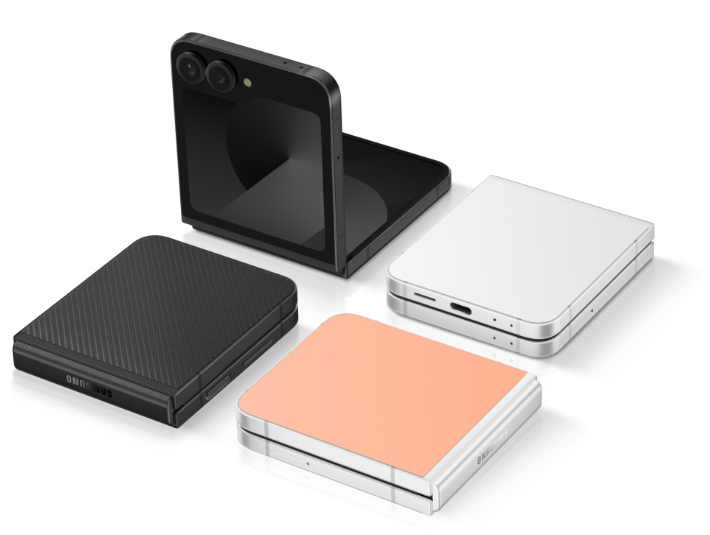Samsung reigns supreme in the Android market, particularly in the US. This dominance, however, has sparked debate about the company's recent product launches, specifically the Galaxy Z Fold 6 and Z Flip 6 foldables.
Critics argue that a lack of competition is leading to stagnation in innovation.
Is Samsung losing innovation when it comes to this kind of handset?
Samsung Not Under Pressure to Push For Innovation

With a comfortable lead in the US market, some argue Samsung feels little pressure to innovate. The latest Z Fold 6 and Z Flip 6 offer minimal upgrades beyond IP48 water resistance, mirroring the incremental changes seen in previous generations. This "same phone, new year" approach is pretty concerning, especially for buyers who love to see new features for foldables.
Foldable Feast or Famine?
The US market presents a unique situation. While lacking variety in foldable, it's the one region experiencing strong sales for these devices. Meanwhile, Chinese manufacturers are blazing a trail with cutting-edge foldables unavailable to US consumers, according to Android Central.
This situation leaves potential foldable buyers in the US with limited options, potentially leading to a future defined by "mediocre" foldables from Samsung.
Innovation MIA: The Global Foldable Landscape
Samsung's dominance isn't the sole culprit. Good alternatives like the Honor Magic V2 and Vivo X Fold 3 Pro remain absent from US markets.
Even foldables like the OnePlus Open, available unlocked, lack carrier support, hindering their impact. This lack of competition, both domestically and globally, weakens the incentive for significant innovation from Samsung.
Beyond Foldables: A Pattern of Imitation?
The trend extends beyond foldables. The Galaxy Watch Ultra bears a striking resemblance to Apple's Watch Ultra, while the Buds 3 Pro seems to mimic AirPods in design. The sole product sparking genuine interest, the Galaxy Ring, comes with a surprising limitation: it only works with Samsung phones.
This decision goes against the core principle of Android's open ecosystem and raises questions about Samsung's commitment to true innovation.
A Lost Spark of Innovation?
As the leading Android manufacturer, Samsung has a unique responsibility to drive positive change within the industry. However, recent product launches suggest a focus on consolidation and rehashing existing lines, with the comfort of an unchallenged market position.
Will Competition or Complacency Prevail?
The future of Samsung's innovation trajectory is not that clear. The South Korean tech giant remains stuck in its innovative approach to foldable phones.
If Apple makes its iPhone foldable patent a reality, this could be a wake-up call for Samsung to release more worthy models. Years from now, we might see this self-healing handset from the Cupertino titan.
Only time will tell if Samsung can reclaim its position as an innovative leader or settle for a comfortable, albeit potentially stagnant, dominance.

ⓒ 2025 TECHTIMES.com All rights reserved. Do not reproduce without permission.




